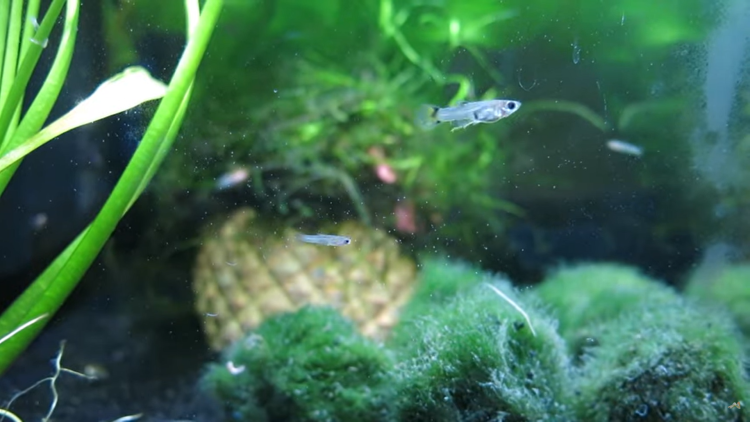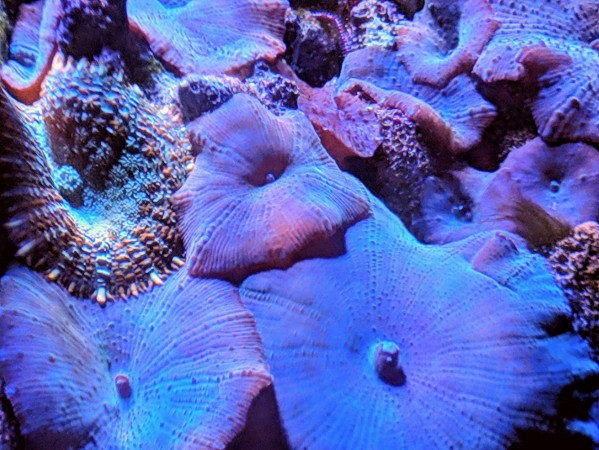Care Guide for Nerite Snail
- Sep 08, 2024
- Anshika Mishra
- 165 0 0

Snails, in general, like higher pH. They like calcium. They leave little white seeds when they reproduce so they won't hatch in fresh water. Here, we'll learn how you can keep this alive and thriving:
Nano Banquet Food Blocks
A banquet block is a big calcium block that comes in different sizes. They have algae in them but are primarily calcium. These should be a staple in your snail's diet because when they eat them, they are getting calcium to build sheels.
It also ensures the shell doesn't dissolve when it dissolves in the water.
How to Prevent Cracked Shells
Narite snails come from brackish waters, which means the water environment has more minerals and a higher pH. This is also why the majority of these snails have cracked shells. They also erode first, and if you don't do anything, it just keeps progressing.
The more calcium they eat and the more you add calcium to the water, the fewer cracked shells you'll see. Also, if there is not enough calcium, the Narite snails will start eating each other's shells.
Nerite Snails are Scavengers
Narrite snails are scavengers. They go around eating decaying leaves, whatever they can find. Along with adding calcium to the water for plants, they are great for snails. You can also add crushed corals for higher pH.
Nerite Snails Tankmates
The Nerite snails thrive with livebearers, African Cichlids, and other snails. However, make sure your snails get enough food and calcium.
Bettas and any other fish that likes to chase down worms, they will come up to the snail, grabbing their feeler,s forcing them to fall off.
Tank Lid
If you are not careful, the snails will crawl out of your tank. Therefore always add glass lids to your tank, especially if your water level is too close to the surface.
In Conclusion
The white eggs the snails leave behind will not hatch. You can scrape them off or let other things in the tank eat. However, make sure to keep your pH above 7. Make sure theire's algae or some type of food and they'll thrive in your tank.







About author